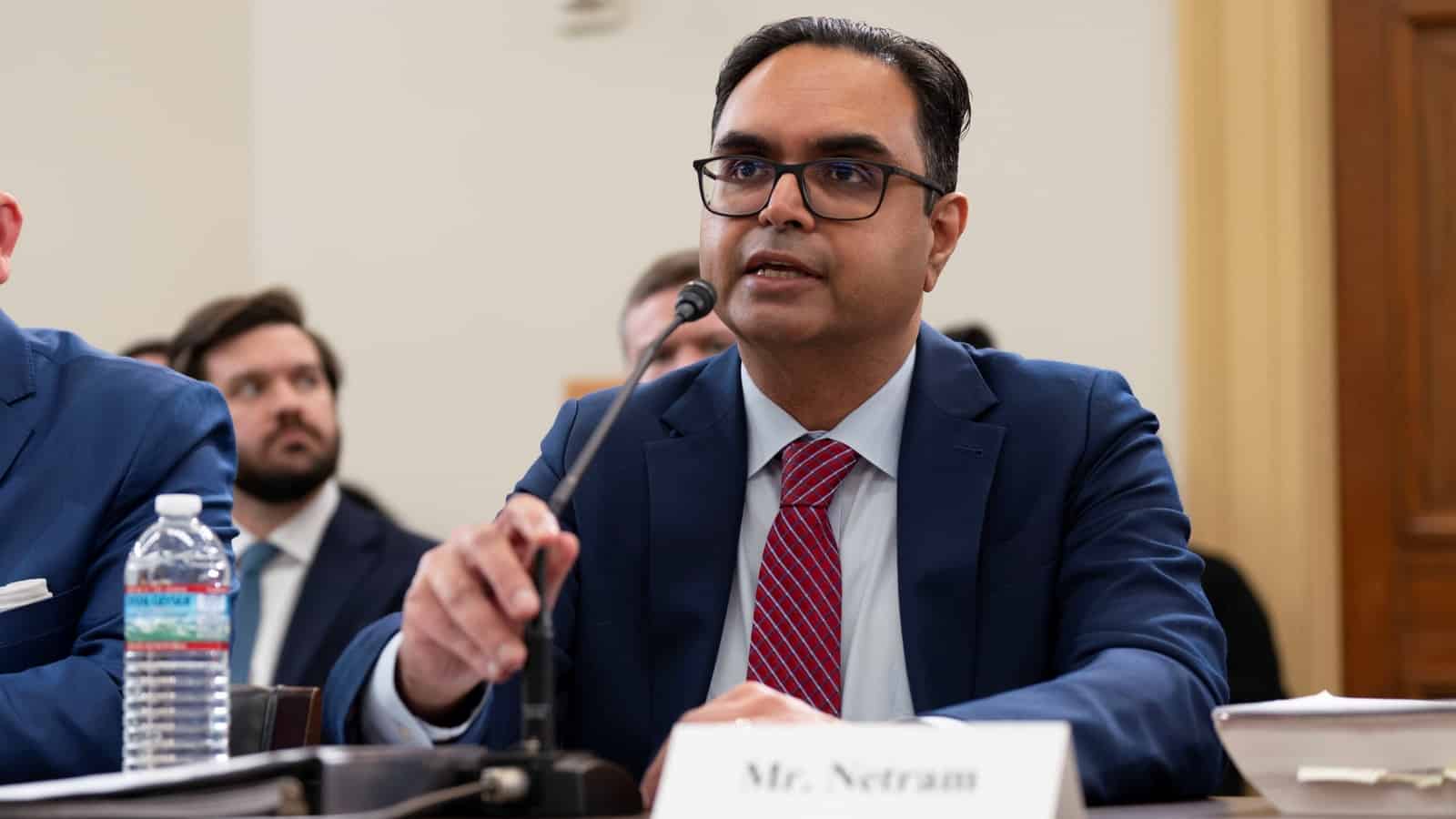NAM to House: Overturn Air Standard

The Environmental Protection Agency’s recently finalized standard for particulate matter (PM2.5) will hamstring U.S. economic growth, job creation and competitiveness—and it must be reversed, the NAM told the House Thursday.
What’s going on: “The EPA’s unworkable PM2.5 standard … of 9 [micrograms per cubic meter of air] is in line with background levels of particulate matter in many parts of the country,” NAM Managing Vice President of Policy Chris Netram told committee members during “Safeguarding American Prosperity and People’s Livelihoods: Legislation to Modernize Air Quality Standards,” a hearing of the House Energy and Commerce Subcommittee on Environment, Manufacturing and Critical Materials.
- “In other words, the standard is now so low that companies will be expected to reduce their emissions below what naturally occurs.”
- The result of an overly stringent National Ambient Air Quality Standards level: Large swaths of the U.S. will be forced into “nonattainment” status, making permitting for critical infrastructure nearly impossible and all but guaranteeing job cuts, not growth, Netram said in his testimony, which Bloomberg (subscription) covered.
Why it’s important: A particulate matter standard of 8 micrograms per cubic meter of air—only slightly below the newly finalized level—would result in a loss of up to $200 billion in economic activity and almost 1 million jobs, according to a recent NAM study.
- As far as global competitiveness is concerned, the new limit effectively cuts America off at the knees, Netram continued. “Europe’s current PM standard is 25; China’s is 35. If we want the next manufacturing dollar to be spent in America rather than abroad, a standard of 9 is simply not feasible.”
What should be done: Lawmakers should introduce a Congressional Review Act resolution to overturn the new standard as soon as possible, Netram urged. The NAM also highlighted key NAAQS reform policies Congress is considering:
- Extend the EPA review period to 10 years.
- Allow the EPA to count wildfire mitigation as exceptional “rather than holding manufacturers accountable for PM they can’t control.”
- Require the EPA to consider the economic effects of a tightened standard.
